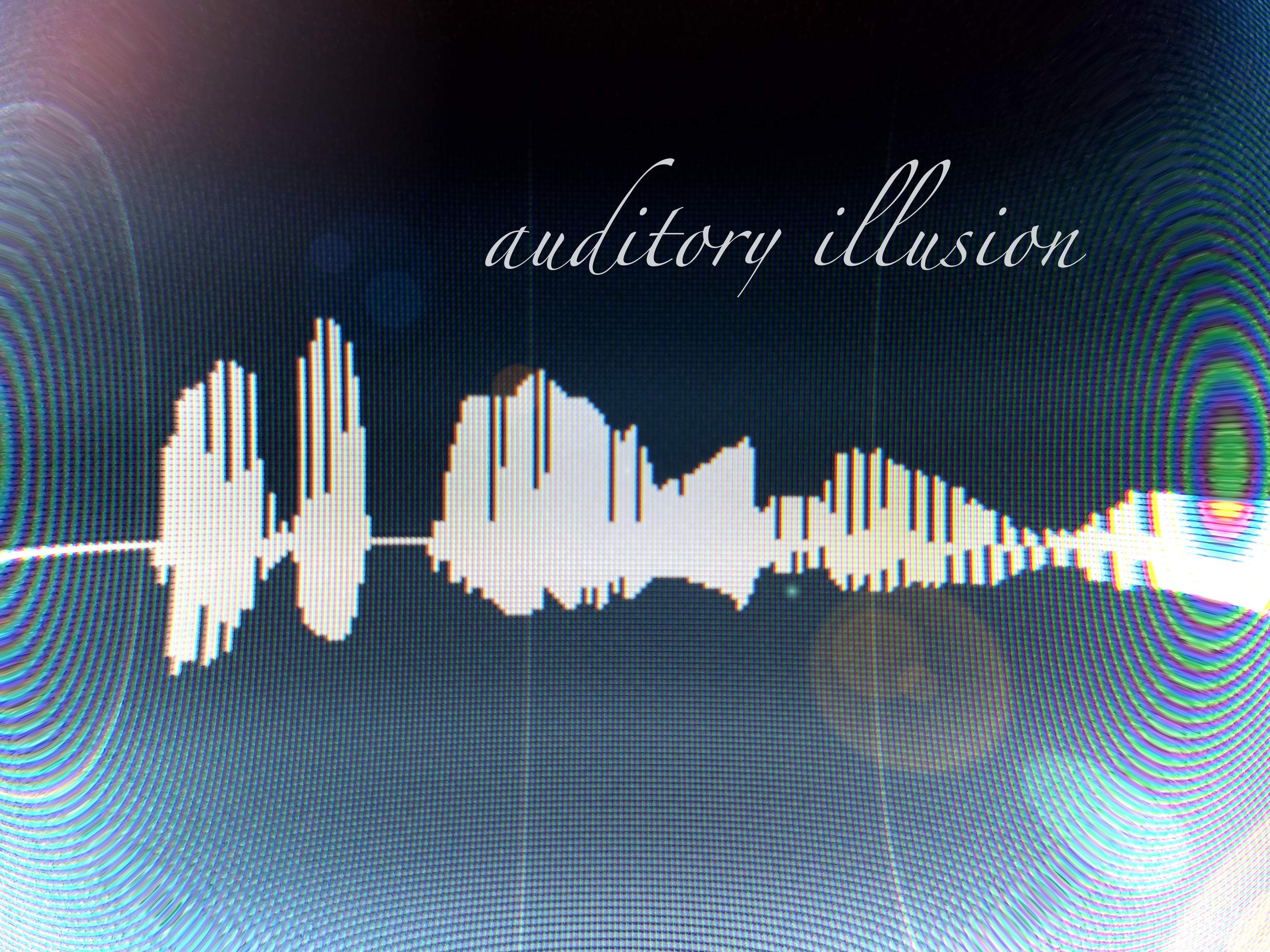

Pareidolia ( / prdoli, pr -/ 1 also US: / pra -/) 2 is the tendency for perception to impose a meaningful interpretation on a nebulous stimulus, usually visual, so that one sees an object, pattern, or meaning where there is none. On the contrary, patients with dementia with Lewy bodies develop illusion early in the disease course after the cognitive decline. The Danish electrical outlet looks like a happy face. However, patients with Parkinson’s disease often develop illusion alongside with motor symptoms and their illusion often occur before the decline of their cognition. Half of the patients with Parkinson’s disease develop illusion they might see illusions such as people and animals, just like patients with dementia with Lewy bodies. Illusion is an important symptom for diagnosing dementia with Lewy bodies, which can facilitate the differential diagnosis from Alzheimer’s disease, with 83% of accuracy. If you or a loved one has hallucinations, go see a. Patients usually see some complex images of people, events and objects. It could be a mental illness called schizophrenia, a nervous system problem like Parkinson's disease, epilepsy, or of a number of other things. More than 20% of patients with dementia with Lewy bodies developed illusion in early and mid stage.


In addition, dementia with Lewy bodies and frontotemporal lobe degeneration may cause illusion as well. Patients may develop illusion in mid and late stages. The early symptoms of dementia, such as Alzheimer’s disease, usually include deteriorated memories and forgetfulness. Thus, others may think the patients see ghosts or encounter evil spirits. The images look so vivid that patients do not realize they are not real. Hallucinations can be caused by fever, as well as disease or damage impacting the brain or optic nerves. However, hallucinations can also be linked to other medical conditions. Take patients with ischemic stroke for example, if the stroke location falls on visual cortex, they quite often have visual illusion. Hallucinations may also provide insight into mental health issues such as bipolar disorder, post-traumatic stress disorder, and depression. Many senior patients or in-patients, particularly during their stay at ICU (intensive care unit), had acute delirium they quite often mentioned that they had heard or seen their late family members, which frightened their caregivers.Causes for acute delirium include abnormal liver and kidney functions, electrolyte imbalance, elevated blood sugar, lack of vitamin Bs, nutritional imbalance, inflammatory disorders, infectious disorders, brain tumor, and drug-drug interaction.Stroke, dementia, and brain tumor may cause illusions and auditory hallucination, which can be worsen by some medicines and metabolic conditions.The symptoms of delirium syndrome include illusions, lethargy, and changes of consciousness.


 0 kommentar(er)
0 kommentar(er)
